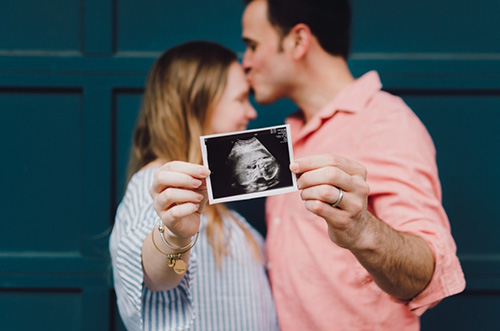When are you most fertile during your menstrual cycle?
6 days in each cycle; 5 days before ovulation and day of ovulation.
To work out when your ovulation day falls on, you will need to work out your menstrual cycle length. This is done by counting the days you start your period (when bleeding starts) to the day you start your next period. Once you have worked out your cycle length, then you can work out your ovulation day. If you have a 28 day menstrual cycle, you can count 14 days back from the last day of your cycle and that will be your ovulation day.
When is the semen quality at its optimum level?
After two to three days of ejaculatory abstinence; longer intervals are associated with lower sperm quality.
Is orgasm during sexual intercourse necessary for conception occur?
No, it’s not necessary.
Does the use of lubricant affect the chance of pregnancy?
There is no definite effect, but it is better to use an oils base lubricant eg canola or olive oil.
What are things we can try at home?
The best chance of getting pregnant is to have sexual intercourse at your most fertile period of your cycle. Generally, your most fertile time is 5 days before ovulation until the day of ovulation – therefore in total there are 6 fertile days in each menstrual cycle.
You can also purchase ovulation kits from the chemist that can calculate the days that you are most fertile. The ovulation kit uses your urine sample to detect LH (luteinizing hormone), which occurs just before ovulation occurs.
Does my chance of falling pregnant decrease as I get older?
Yes. The number of eggs in the ovary decline over time and the egg quality can decline. On average, the decline begins at age 35.
What is fertility preservation?
Fertility preservation is a method of preserving eggs and embryos to allow women to delay their childbearing to a time that suits them best. This includes freezing eggs (Cryopreservation of Oocytes) or embryos (Embryo Cryopreservation).
When should I see the Doctor if I am not falling pregnant
It is never too early to see the doctor about not falling pregnant. Furthermore it is always better to plan for a pregnancy, rather than falling pregnant unexpectedly. According to the statistics, 80% of couples will fall pregnant within the first 6 months of trying to conceive (having sexual intercourse during the fertile phase of the menstrual cycle – e.g. Day 10-18 of a 28 day cycle).
However, this is only a guide and up to 20% of couples may fall in the subfertile or infertile group without knowing. Infertility means not being able to fall pregnant and subfertility is the grey area between being fertile and infertile.
If you are over 35 years of age, you should consider seeing a fertility specialist by 4 months if you haven’t fallen pregnant. Sooner still if you are over 38 years of age.
Miriam would love to help you on your journey in starting a family successfully. Miriam works with Monash IVF clinic which is one of the most successful fertility clinics in Australia.
For more information get in touch with us.



